News
Reps C’ttee Queries Abuja Park and Pay Arrangement, 60% Revenue Share To Concessionaires
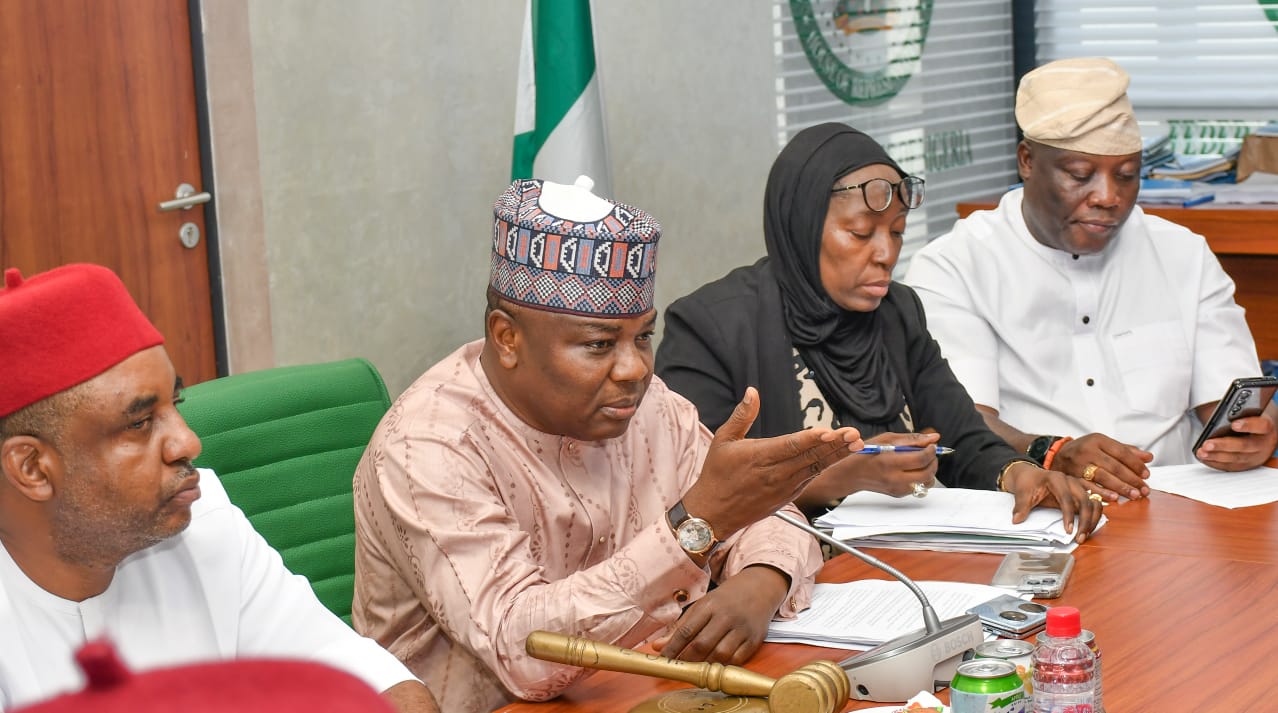
News
Catholic Church gives Anambra APC guber candidate rigid conditions for support
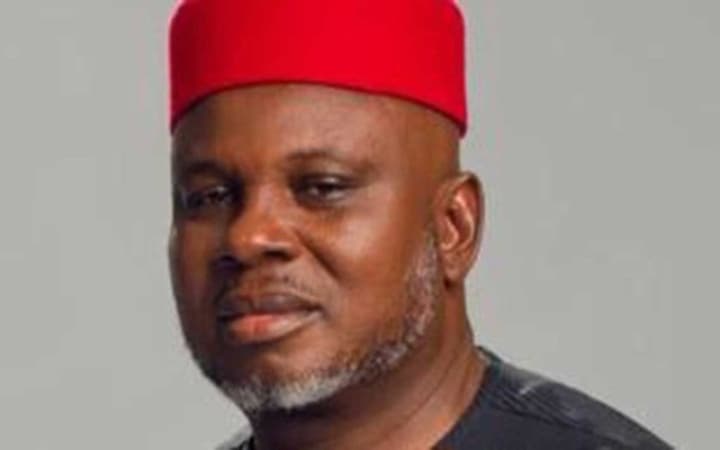
Barely 10 days after he emerged as the All Progressives Congress (APC) gubernatorial standard bearer for the November 8 gubernatorial poll in Anambra State, Prince Nicholas Chukwujekwu Ukachukwu has been given rigid conditions to receive the support of the Catholic Church in the state.
Sources told The Guardian that the basic conditions set before the APC governorship candidate include the selection of a deputy from the Catholic fold, and also that 60 per cent of his cabinet must be Catholics.
This is just as the APC governorship hopeful has been inundated by lobbyists for the position of running mate, even as he engaged with concerned APC stakeholders in the state in a bid to find common ground with various women groups agitating for gender parity.
The Guardian learned that the race for Ukachukwu’s running mate had been narrowed down between two former female Senators, Dr. Uche Lilian Ekwunife and Dr. Margery Okadigbo, who hail from the Central and North Senatorial Districts of the state, respectively.
Although both female politicians are Catholics, the factor of zoning is said to be impacting their chances, because while the more politically active Ekwunife hails from the populous Anambra Central District, Mrs. Okadigbo is from Anambra North, which has just served out eight years of governorship through Willie Obiano.
Also, the fact of her maiden community, Igboukwu in Aguata Local Council, and influence as the current Director General of South East Governors’ Forum is ticking in Ekwunife’s favour, as her candidacy is expected to help slice the votes in Old Aguata Union from where the incumbent Governor Chukwuma Soludo hails. (The Guardian)
News
NJC investigates 18 Imo judges over suspected age falsification
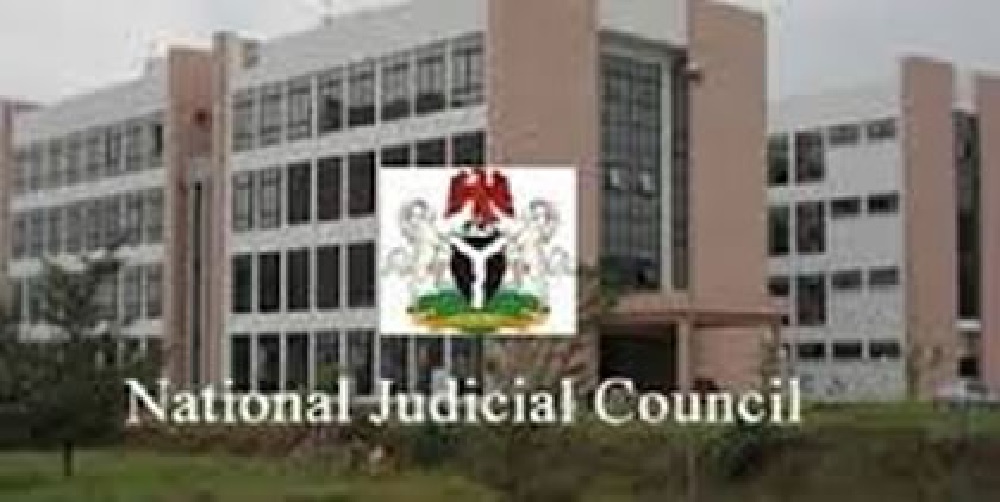
The National Judicial Council has launched a probe into 18 judges in the Imo State judiciary over allegations of age falsification, in a development raising fresh concerns about integrity and transparency within Nigeria’s judicial system.
The NJC, in a statement on Thursday by its Deputy Director of Information, Kemi Ogedengbe, confirmed that the allegations were being treated with utmost seriousness and were currently under review.
“Allegations of this nature require detailed investigation before any action can be taken,” Ogedengbe stated.
“The NJC is investigating the allegations and may take a decision by the end of the month. For now, we cannot act without completing our inquiries. The council will convene and make decisions on the matter.”
The investigation follows a petition submitted by a civil society group, Civil Society Engagement Platform, which described the matter as an “unprecedented breach of judicial integrity.”
The group alleged that the judges deliberately manipulated their birth records to either prolong their tenure or gain appointments within the judiciary.
In a letter addressed to the NJC Chairman and Chief Justice of Nigeria, Justice Kudirat Kekere-Ekun, the platform cited discrepancies in the judges’ official documents, including Law School registration forms, Department of State Services reports, and Nominal Rolls.
The petition, signed by CSEP’s Director of Investigation, Comrade Ndubuisi Onyemaechi, included what it described as compelling documentary evidence marked as Exhibits 001 to 018.
Among those named in the petition is Justice I. O. Agugua, who reportedly has two different birth dates—May 10, 1959, and May 10, 1960—and is also facing separate allegations of misconduct.
Justice C. A. Ononeze-Madu is alleged to have birth records stating both July 7, 1963, and July 7, 1965, while Justice M. E. Nwagbaoso is accused of presenting conflicting dates of birth—August 20, 1952, and August 20, 1962.
The remaining 15 judges also reportedly have varying inconsistencies in their personal data, a revelation that has intensified public scrutiny of the judiciary’s accountability mechanisms.
The NJC, which is constitutionally empowered to discipline judicial officers, is expected to reconvene soon to deliberate on the findings of its inquiry and take appropriate disciplinary actions where necessary.
The unfolding development comes amid mounting calls for institutional reforms to restore public trust in the judiciary and reinforce ethical standards across all arms of government.
News
Delta committed to safeguard its cultural heritage – Oborevwori
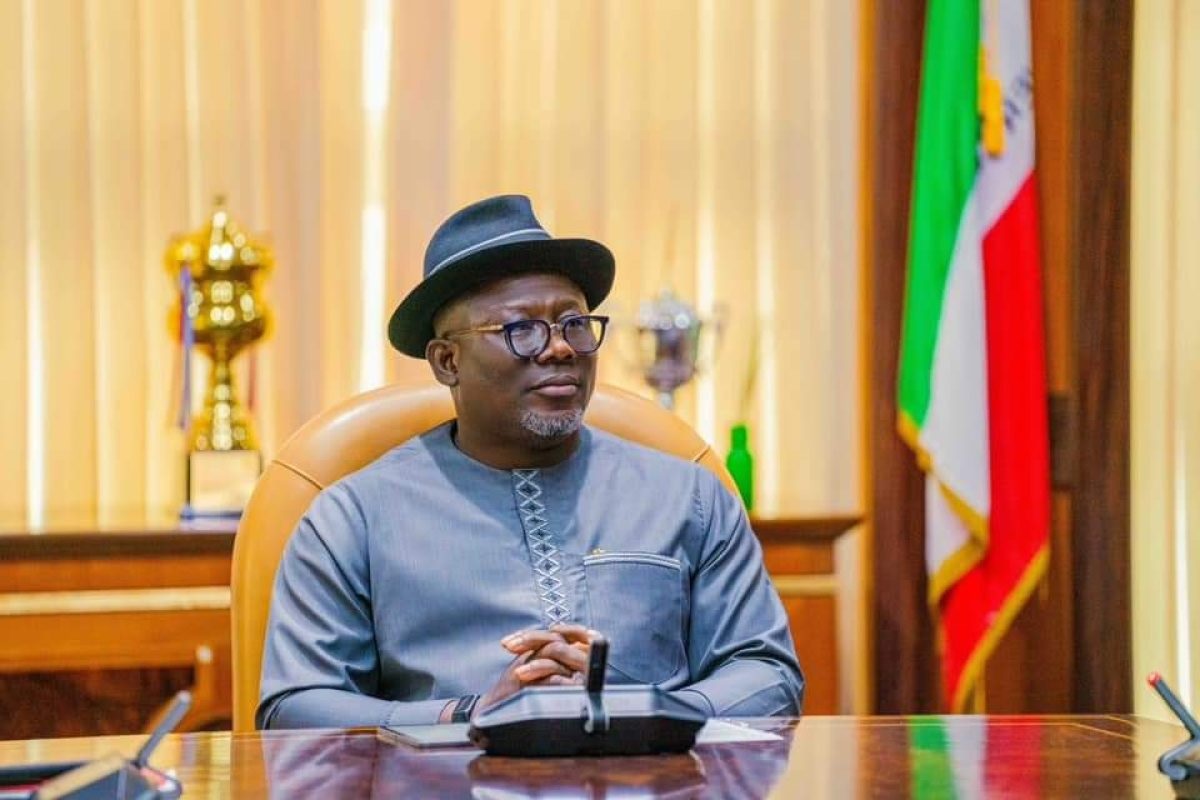
Delta State Governor, Sheriff Oborevwori, has reaffirmed his administration’s commitment to the preservation and promotion of the state’s rich and diverse cultural heritage, describing cultural festivals as vital tools for sustaining indigenous identity.
Oborevwori made this known on Thursday while receiving the President and leadership of the Organisation for the Advancement of Anioma Culture, who paid him a courtesy visit at Government House, Asaba.
Speaking during the meeting, the governor commended OFAAC for its over two decades of dedication to the promotion of Anioma cultural heritage, describing the body as a “vehicle of unity” in Delta State.
He pledged his administration’s full support for OFAAC and similar cultural organisations that contribute to peace, unity, and development.
“I commend OFAAC’s tirelessness and dedication to preserving Anioma culture, heritage, and identity,” Oborevwori said. “Your efforts are crucial in promoting our rich traditions and values.
As a government, we reaffirm our commitment to preserving cultural heritage across the state and supporting initiatives that promote festivals and language, which are essential in shaping our identity.”
Oborevwori also expressed gratitude to the people of Delta North for their overwhelming support during the last governorship election, noting that he secured victory in all nine local government areas within the Anioma region.
“Under our M.O.R.E. Agenda, we have implemented key projects across the Anioma nation and throughout the state. I am particularly grateful to the Anioma people for their strong support and love,” he said.
He further lauded the inclusiveness of OFAAC’s activities, noting its practice of inviting other ethnic groups to its events, which he said fosters unity and cultural harmony across the state.
Earlier, OFAAC President, Arc. Kester Ifeadi, said the purpose of the visit was to formally inform the governor about the group’s forthcoming cultural fiesta, scheduled for Easter Monday.
He described Oborevwori as a “detribalised leader” and commended his administration’s developmental strides across all three senatorial districts in the state.
Ifeadi reaffirmed the support of the Anioma people for the governor’s M.O.R.E. Agenda, emphasising that OFAAC would continue to be a platform for promoting unity among Delta’s various ethnic nationalities.
-

 News21 hours ago
News21 hours agoBREAKING: Unknown gunmen reportedly storm Senator Natasha’s family residence
-

 News23 hours ago
News23 hours agoSAD! Again, Alleged Herdsmen Attack Three Benue Communities
-

 News15 hours ago
News15 hours agoAbuja light rail project must be commissioned on May 29-Wike vows
-

 News21 hours ago
News21 hours agoLawmaker Slams NBA Over Rivers Crisis, Demands Return of N300m
-

 Politics23 hours ago
Politics23 hours agoPDP govs are jokers, can’t stop coalition train, Atiku boasts
-
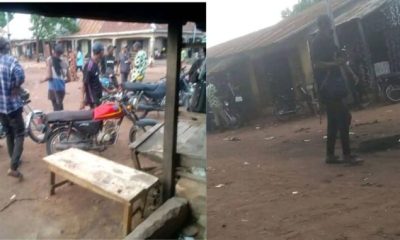
 News16 hours ago
News16 hours agoJust in: Alleged Herdsmen Armed With AK-47 Rifles Take Over Communities In Benue State
-

 News6 hours ago
News6 hours agoTinubu Remains Engaged In Governance From Europe, Will Return After Easter – Presidency
-

 News19 hours ago
News19 hours agoFinally , Lagos Court frees Quadri, young Nigerian who stood before Obi’s convoy in viral photo






